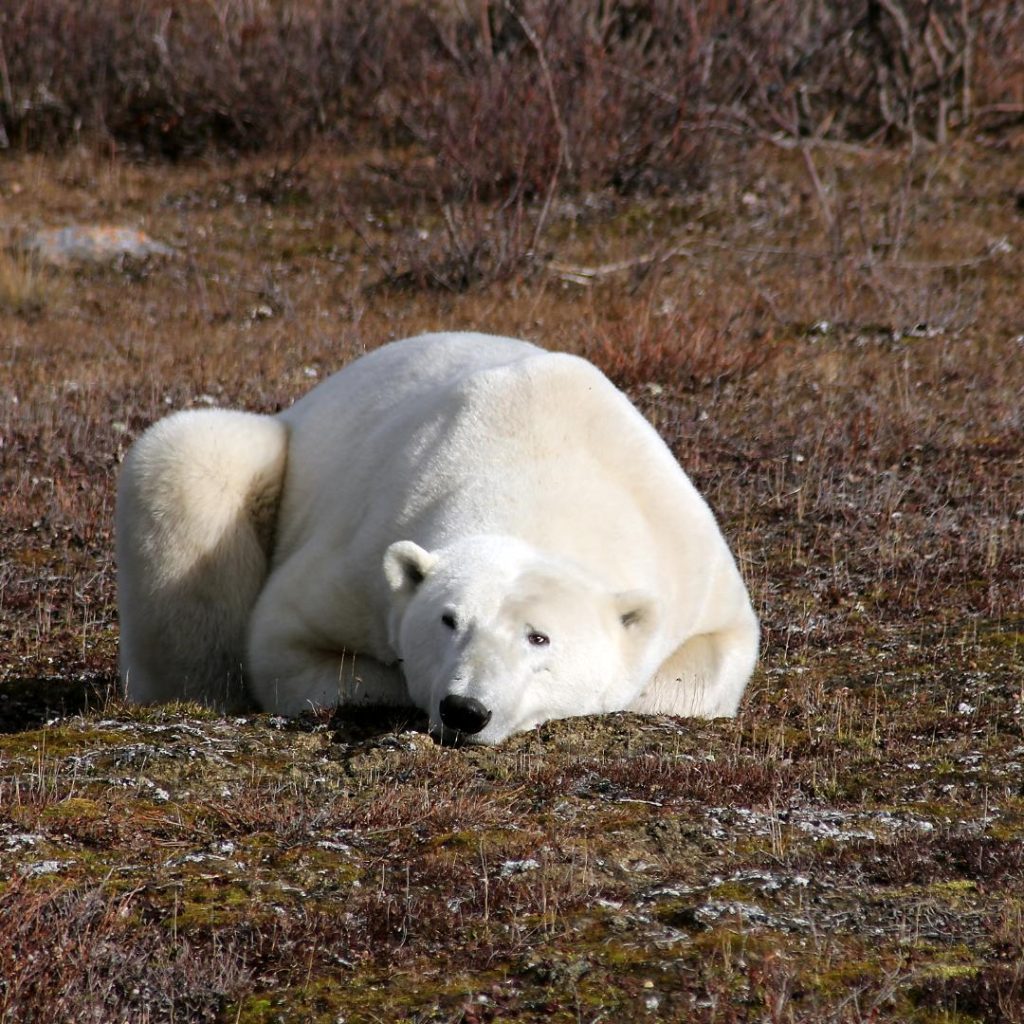Hunger threatens the existence of polar bears

For a new study by Washington State University, 20 polar bears were observed over the summer months. The situation is very worrying, as the rapid melting of the Arctic sea ice is massively extending this critical period.
From late spring to early summer, polar bears hunt seals from the sea ice - this has so far allowed them to survive the short summer, during which they have fasted or fed on plants.
For the study, which has now been published in the journal "Nature Communications", 20 polar bears were fitted with GPS trackers and cameras attached to collars in Hudson Bay, a tributary sea covering over 1.23 million square kilometers in northeastern Canada. Unfortunately, the results are alarming.
Weight loss of one kilo per day
Although the polar bears showed a great willingness to adapt, 19 out of 20 specimens saw their weight decimated every day - by up to one kilo.
Strategies ranged from hibernation to reduce energy requirements to eating carcasses. Some swam long distances (one bear even covered 175 kilometers) in search of food. They even found what they were looking for, but were unable to transport the beluga to the coast or eat it in the water.
Ice melt in the Arctic is progressing rapidly
The region studied is probably more affected by global warming than other regions of the Arctic. The polar bear population here has already declined by around 30 percent since 1987.
However, the extension of the ice-free period is now making survival very difficult for bears throughout the Arctic.
According to the US climate agency NOAA, the summer of 2023 was the warmest summer since measurements began in this area.
The speed of ice melt in the Arctic is outstripping all previous forecasts.
A study from the previous year shows that the Arctic Ocean could be ice-free in just a few years, at least in the summer months.
Let's do something about it! 💚






